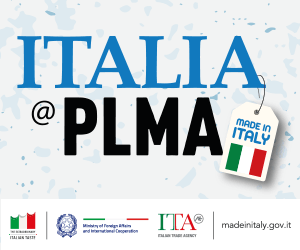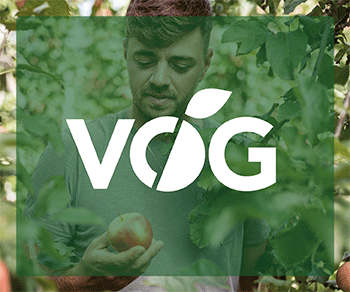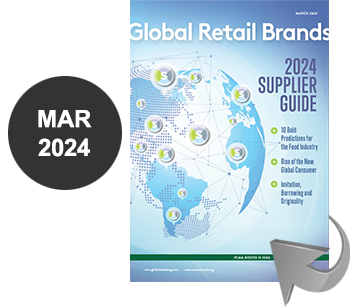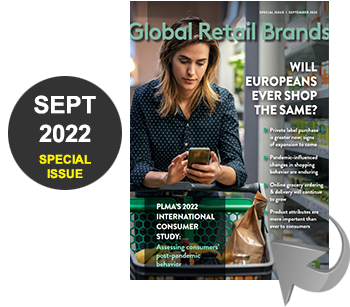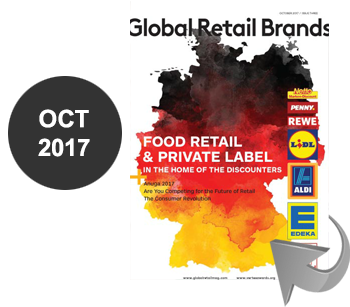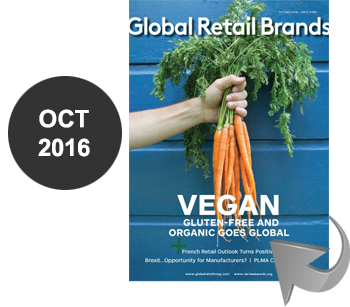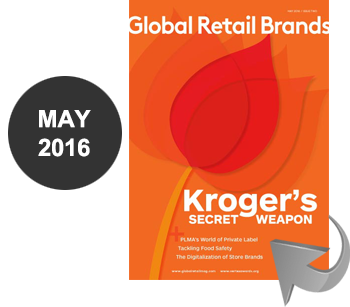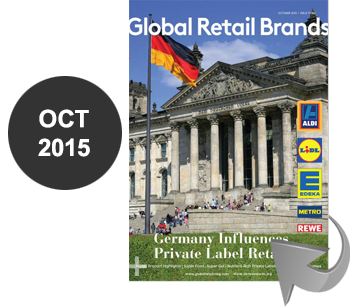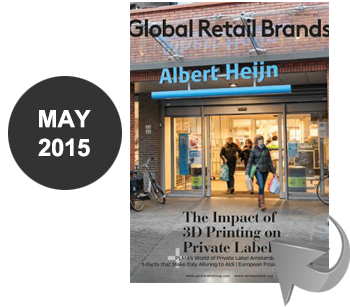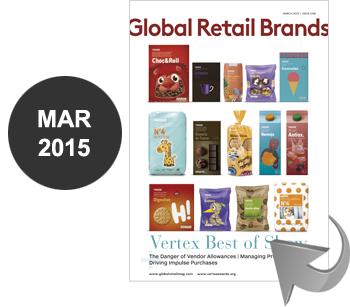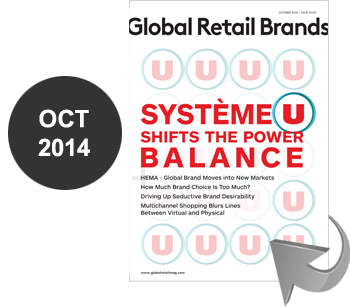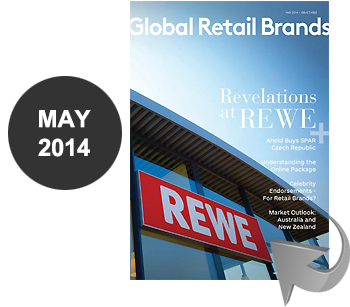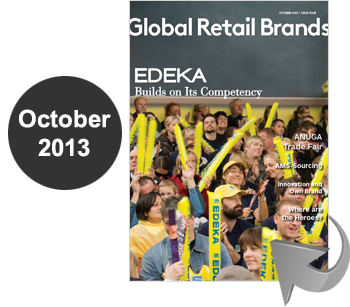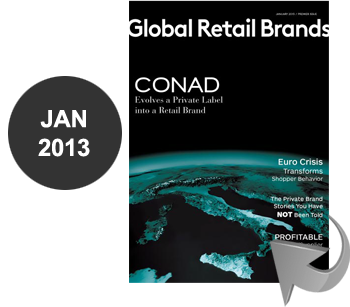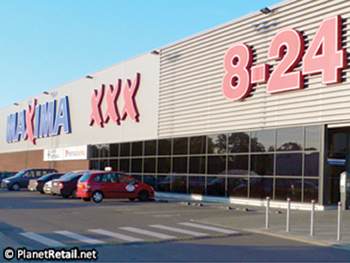
Ahold will most likely exit Scandinavia and the Baltic markets altogether.
By / LAIMONAS GINEIKA ASSOCIATE ANALYST, PLANET RETAIL
Dutch retailer Ahold has announced it has reached an agreement with Hakon Invest of Sweden regarding the sale of Ahold’s 60% holding in Swedish retailer ICA.
INDICATIVE OF AHOLD’S NEW STRATEGY >>
In autumn 2012, Ahold updated its growth strategy with the aim of reshaping its business, connecting with customers in a more personalised way and delivering an enhanced shopping experience both instore and online. Ahold also extended its cost savings programme from EUR 350 million (USD 450 million) to EUR 600 million (USD 770 million). The retailer declared it was seeking to reduce costs by this amount without shedding jobs and said it would include sourcing and promotional expenditures to fuel investments in a better offering and added value for customers.
At the time, Ahold also announced it was exploring strategic options for its holding in ICA. An IPO on Sweden’s NASDAQ OMX Stockholm was one of the alternatives being considered. Ahold had no operational majority in ICA and had expressed an intention to focus on executing this fresh growth strategy solely on businesses over which it had control. This was despite the fact ICA was the market leader in Sweden.
WHERE COULD AHOLD INVEST THE PROCEEDS? >>
Ahold is looking to grow via the main pillars of its business over the next few years and the potential funds from the sale of its ICA stake would be a welcome addition for the retailer in helping realise its plans.
The company would most likely invest in loyalty schemes, especially in the Netherlands. Another important area for this would be in its USA operation, where it has already gained some experience of using individual customer data for specific offers.
Another important area in which the retailer would look to invest would be in the expansion of its online business by further roll-outs of pick-up points, enabling both European and US shoppers to collect groceries ordered online.
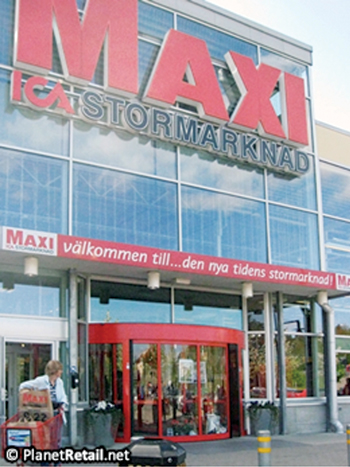
Retailers in Latvia, e.g. market leader Maxima, are likely to face greater competition from ICA’s Rimi presence in the medium term.
IMPLICATIONS >>
• Ahold’s sale of ICA will help the retailer focus on its strategic priorities in the form of geographical expansion in Belgium and new markets (Germany being most recent one).
• On losing a partner as powerful as Ahold, ICA may find it a challenge to compete with its main domestic rival Axel Johnson.
• Latvia is the only market where ICA could potentially become market leader as there the retail trade is run by foreign-owned companies.
Ahold is actively considering how to evolve organically in and around its current markets in the US and Western Europe. Ahold not only wants to grow its core business but also diversify into new smaller formats – for instance, the remodelled AH to go convenience store concept. Ahold views its convenience store model as being strong enough to enter the highly competitive German market.
Ahold entered Belgium in late 2010 and by the end of 2012 had 11 stores in operation. It wants to double this count by 2013 and reach 50 outlets by 2016, based in the Dutch-speaking Flanders region. Ahold’s investment plans also focus on leveraging capabilities. In its home market the company’s private labels are already well established with more than 50% penetration. Although the US business has a highly advanced private label offering, it still lags behind Western European standards. The company is seeking to achieve 40% private label penetration in the US.
WHAT COULD THIS MEAN FOR ICA AND AHOLD? >>
ICA has recently announced its new group-wide strategy based on the company’s key strengths, featuring a business model with retailer-owned stores, a solid customer base and strong brands. This new strategy focuses on strengthening both customer loyalty and offering, optimisation and broadening of sales channels, plus investing in staff training and corporate responsibilities. These are ambitious plans and having Swedish retail development company Hakon Invest as a majority stakeholder rather than a Netherlands-based retailer could be an advantage for ICA’s future growth.
Ahold’s priority markets are not Scandinavia or the Baltics. It is focused on its domestic market and the US, so therefore the sale of its ICA stake will assist its concentration on strategic priorities. One might ask whether this transfer could mean direct competition between ICA and Ahold. This would depend on whether the Dutch operator decides to exit these markets altogether or not. By selling its stake in ICA and being uninterested in investing or acquiring other networks in Sweden, Norway and the Baltics, Ahold appears disinclined to compete with ICA.
On the other hand, were Ahold to remain in these markets it would find it difficult to have an influence. This is especially the case in Sweden and Norway, as retail market concentrations are very high and market leaders have very strong, almost insurmountable, positions. Latvia, Lithuania or Estonia could offer opportunities to absorb some smaller networks, but given Ahold’s growth plans, it seems most unlikely it would take this path.
IMPACT ON SCANDINAVIAN AND BALTIC RETAIL? >>
Having established that change of ownership would be beneficial for both ICA and Ahold as far as investment priorities are concerned, we can also look what this would mean to the separate markets in which ICA operates. ICA is an established grocery leader in Sweden, meaning scope for growth is fairly limited in terms of store count and sales revenues.
In Norway, the company has not been showing impressive development over the last few years. As a result, it has entered into a co-operation agreement with domestic operator NorgesGruppen. The tie-up co-ordinates buying, distribution and logistics between ICA Norway and Asko, NorgesGruppen’s wholesale business. Hakon Invest as a majority stakeholder may help the retailer to secure more of these kinds of agreements with Scandinavian partners and improve its position in Norway.
On the other hand, the Baltics afford ICA greater scope for growth. Here, markets are less concentrated and Ahold has not established a commanding position. Looking at these markets separately, Lithuania does not appear to offer the best growth potential, because ICA’s Rimi does not yet have a major presence in the country. The Lithuanian grocery market is largely dominated by strong local players such as Maxima, IKI and Norfa. Therefore, it is unlikely that ICA’s ownership change and a possible more aggressive strategy towards the Baltics would make a significant impact on Lithuanian retail, unless the retailer looked to acquire one of the big players. The same can be said of Estonia. Although Rimi stores have a greater presence in that country, the grocery market is largely controlled by domestic operators such as ETK and Kaubamaja.
However, in Latvia, Rimi stores are better established and, pending approval or not of the authorities, Hakon Invest ICA will still be the country’s second-largest retailer. In addition, the Latvian grocery market is dominated by foreign-owned retailers like Lithuania’s Maxima and IKI and the Finnish SOK. Therefore, depending on the strategy determined by the new ownership, there would an opportunity for ICA to further establish itself in Latvia, either by entering into a co-operation agreement with existing retailers or by funding organic growth in the market. It is unlikely such a move would cause any seismic impact on the Baltic region as a whole, but in Latvia it could be possible for ICA to make waves.

